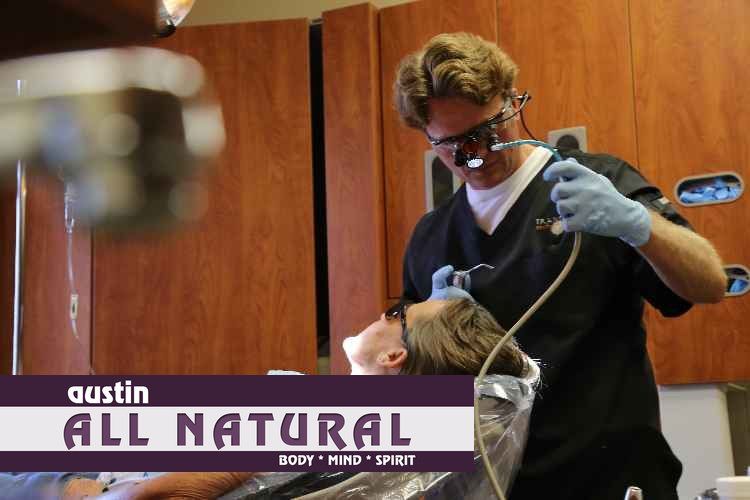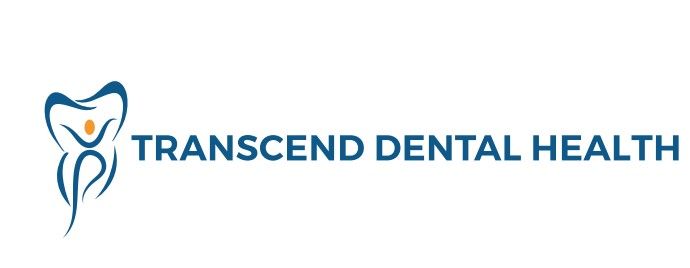The Dentistry Profession
This article first appeared in the May 2018 issue of Austin All Natural magazine.
© 2018, Austin All Natural
THE DENTISTRY PROFESSION: Can’t live with it, can’t live without it
by Dr. Matthew Carpenter, DDS, NMD
What’s one thing almost all living creatures have in common?
A mouth.
You know, that big hole in the front of your head where you shovel in food when you’re hungry. It breaks up the food into smaller, more manageable bits prior to swallowing – that daily process that helps keep you alive.
Not everyone who has a mouth has teeth to help crush and break up their food, but research shows people who keep and maintain their natural teeth live ten years longer than people who don’t. That’s a big deal. Wouldn’t you like to know how you could extend your life ten years? I can help you do just that.
Think about the usual process of having dental work done.
It’s really nuts.
The mouth is one of the most vascular areas of the entire body, connected to thousands of blood vessels in the head and neck, much more than most other parts of the body.
Is it any mystery, then, why people feel anxiety and stress when a dentist puts a needle in their mouth, or runs a drill with a turbine engine moving at the speed of a jet airplane – through a tooth with multiple nerves connecting to the brain and spine – with tooth filling materials that have been shown in research to cause Alzheimer’s, cancer and autoimmune disease?
One of my personal and professional goals is to reduce the stress of dentistry by stopping all unnecessary or preventable dental work. Most dental procedures are preventable – but, paradoxically, as dentists, we have no real idea of how to prevent or control oral disease. It’s not something well understood by most of our professional population, and not really taught in dental school. I had to go back to school to earn a Naturopathic degree in order to have any realistic idea of how to improve the oral health of patients.
It’s not all about flossing.
Most oral disease, like systemic illness, is driven by our modern toxic foods and lifestyles. Lack of sunshine, poor nutritional food quality, detoxification problems, high sugar-frequency, and stress are ruining our mouths.
You see, as dentists, we get no real education about how health truly works, and simply spend our time in school learning to drill and fill. After all, most dental work performed today is to repair diseased teeth.
Historically, teeth have been considered one of the most resilient parts of the human body. We look at teeth and skulls in anthropologic studies of ancient cultures and find teeth lasting for thousands of years after death.
How have we allowed the opposite to happen? How have we learned, though food, products, and lifestyles, to ruin and destroy the hardest structure in the human body? It’s truly amazing – and is a spiritual sign of our times. Even though we’re one of the smartest species on Earth, we have achieved what no other species has achieved – the ability to make our own teeth rot while we’re still alive.
I’ve thought many times about my choice to become a dentist.
It’s a difficult path I chose, especially being a person that cannot stand to hurt people. I’ve concluded my spiritual purpose must be as a problem solver, because there are many problems in dentistry needing to be solved, for the sake of all humankind.
At the same time, ironically, anyone who’s worked in the field of biologic or health-based dentistry could tell you of the emotional satisfaction felt by supporting and loving a good person through a challenging experience. It’s like helping a good friend through a scary situation, multiple times a day.
It’s not for the meek or weak-hearted, however. It’s amazing to watch people find the courage to overcome their fears, only to find improved health and new possibilities for their lives and health. It’s dicey and exciting work, and I love it. I love to help people get healthy.
Dentistry, however, is a team sport. Over the past nineteen years of practice, I’ve learned to appreciate how much I depend on the dental team around me for our patients’ improvements in health – and a crucial aspect of having a successful team is communication.
As the leader of my team, one of my most important roles is to communicate well with patients and staff, and just as important as articulating well is being a good listener. It’s a matter of respect – genuinely respecting the goals and opinions of our patients and assistants. In clinical dentistry, it’s about embracing civility and practicing the Golden Rule.
There is, however, more at stake for dental professionals than just their jobs.
Did you know dental assistants are considered more likely to have an autistic or neurologically challenged child, because of the unregulated exposure received every day to poisonous metals like aluminum and mercury?
Transcend Dental Health takes many precautions to protect people we employ from exposure to poisonous metals so they can live long, healthy lives after practicing dentistry. We care about the folks who actually do the heavy lifting with dental procedures, and take many measures to protect them. We have one of the safest dental environments in the world for employees as well as patients – and are very proud of that fact.
A dental hygienist should be able to focus and work intimately with patients in a truth-based environment, focusing our interactions and conversations on real factors that cause decay or gum disease, and not on production or sales. Unfortunately, hygienists who want to help people keep their teeth for a lifetime using natural products – and who think fluoride is poisonous and feel conflicted giving it to children and pregnant mothers – often find their personal beliefs about dental products and materials conflicting with the financial goals of the office.
Believe me, you don’t have to use poisons to help people, and don’t have to do things you know in your heart are wrong to earn a living.
The myths of dental insurance.
Hygienists and other professionals also often feel distracted and thwarted by the administrative demands of what amounts to insurance company fraud, by having to work in a situation where the myths of dental insurance dictate patient care. You see, dental insurers see paying their claims as a loss – which makes me sad.
Dental insurance benefits haven’t changed much in over forty years, which means people receiving about $1000 in dental insurance benefits per year in the 1970s today are also receiving about $1000. I’ve heard if dental insurance benefits had only increased proportionally to the rise in the cost of living, most people would receive over $8000 per year in dental insurance benefits.
It’s outrageous and despicable to me that dental insurance companies deny claims, pitting patients against dentists, destroying relationships, and doing nothing to improve patients’ health – which should be the whole point of dental insurance.
As our practice grows and serves more health-centered patients, I’m increasingly aware of the high need for good dental care. Even among great dentists, very few actually partner with patients in achieving extraordinary improvements in their overall health. When you realize the state of the mouth literally sets most of the tone for a person’s general health, you realize how important the quality of your dental care is.
There’s nothing more gratifying than helping a patient learn to control their own destiny with regard to gum disease and the health of their teeth. Most people want to keep their teeth, so it’s a huge gift a dental professional, especially a hygienist, gives to patients. You make a friend for life when you give them knowledge and tools to maintain excellent tooth and gum health independently, adding years to their lives and becoming one of their most valued, intimate health providers.
Because of the unique approach at Transcend Dental Health for supporting and caring for patients, our business is steadily expanding and in need of caring professionals. We’re calling for health-interested dental professionals to consider a change from disease care to health care in a progressive, health-based, enthusiastic environment. We’re currently looking for hygienists at our existing location in Round Rock, and for a new office opening in 2019 – people who, more than anything, love to take care of patients, are motivated to see them get well, and value health and longevity as priorities. Our goal is to help set a new standard for how dentistry is practiced, from techniques to materials to procedures.
Dr. Matthew Carpenter of Transcend Dental Health is an Integrative Biologic Dentist and Board Certified Naturopathic Physician, offering drill-free air abrasion, ozone therapy, non-surgical treatment of gum disease, safe mercury and root canal removal, natural heavy metal elimination, and natural oral care products incorporating essential oils. (512) 255-3618, www.tdhtx.com





